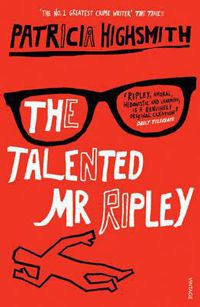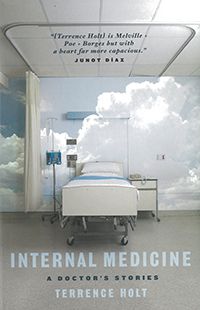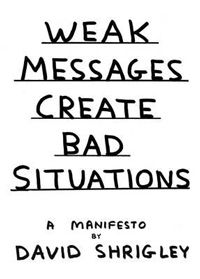Each week we bring you a sample of the books we’re reading, the films we’re watching, the television shows we’re hooked on or the music we’re loving.
Chris is reading the Tom Ripley novels by Patricia Highsmith
I’ve never been part of a book club as I often don’t finish the novels I start and most book clubs seem to have this as a requisite for attendance. (Even though I’m more than happy to give my opinion without meeting this criteria.) But because I run my mouth off and agree to too many things, I’ve ended up joining a short-term, small book club. Originally, the idea was that we’ll read our way through a single author’s work but as we couldn’t agree on an author, we switched the concept over to reading a series. We’ve settled on Patricia Highsmith’s Ripley novels, the first of which is The Talented Mr Ripley.
I’m not too far in but I’m enjoying Ripley. He’s a needy liar and I feel pretty confident I’ll enjoy him as a protagonist as I work my way through the novels – which I do have good intentions to finish.
Bronte is reading Internal Medicine: A Doctor’s Stories by Terrence Holt
When it comes to the medical profession I’m at once fascinated (actively seeking out these kinds of stories) and squeamish (involuntarily cringing as soon as a needle is mentioned). So reading Terrence Holt’s Internal Medicine is a somewhat excruciating experience; I’m absorbed by what I’m reading, yet struggle to turn the page.
I felt similarly when I watched A Young Doctor’s Notebook which is based on Mikhail Bulgakov’s collection of short fictions about his own experiences as a doctor. At the time I wrote: ‘I endured the same excruciating discomfort as when watching the British version of The Office’.
Much like Bulgakov, Holt has used fictional techniques to detail his real experiences. In the introduction he writes about 'recreating experience as parable’ to better reflect the true experiences of what it’s like working as a doctor. Regardless of any question surrounding fiction and non-fiction, his stories are deeply moving and put me in mind of Leslie Jamison’s astonishing The Empathy Exams. The opening essay alone, about an intern’s first night on call, was enough to leave me shell-shocked.
Stella is obsessing over David Shrigley.
This week I haven’t been able to stop thinking about David Shrigley. Something about the days getting sunnier, which means summer is almost here, which in turn means only fifty-six sleeps until Shrigley’s first exhibition in Australia opens at the NGV. I think it’s fair to say I’m pretty excited.
November also marks the release of his latest collection Weak Messages Create Bad Situations: A Manifesto and even the blurb for this new release makes me laugh:
Lots of individuals in society today are feeble-minded. They don’t know what the hell is going on. Unfortunately many of these people are responsible for running The Country. They don’t know the difference between a Precious Jewel and a piece of animal turd. Their ideas are Meaningless, illustrated using rubbish imagery (often made by a computer). The stupid words they write are always in bad fonts. Yet still people heed this nonsense. Maybe you are one of these people? It’s alright. I am here to help you. I have a fully-composed world view. I have strong opinions about everything. And my ideas are hand-illustrated and use real handwriting that you can trust.
Shrigley tackles human dysfunction and anxiety in a way that manages to be both hilarious and heartbreaking. For a taste of his genius, flip through his earlier collections, especially What the Hell Are You Doing? or watch one of his lectures. Perhaps this one or this one.
Yes, my obsession is verging on unhealthy.





